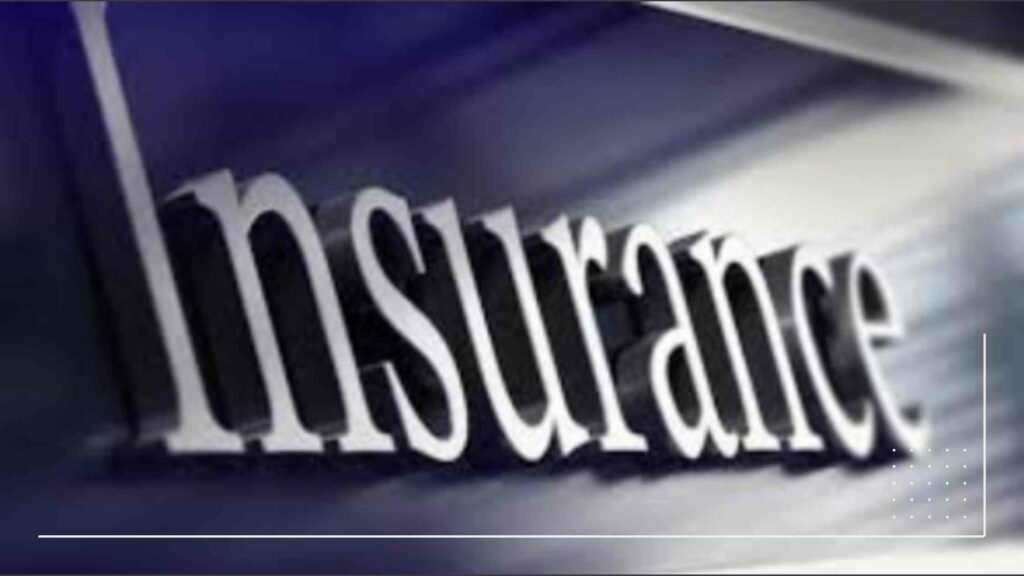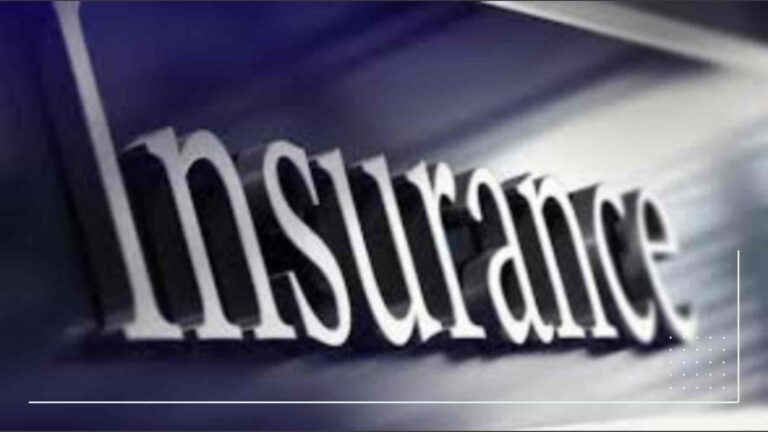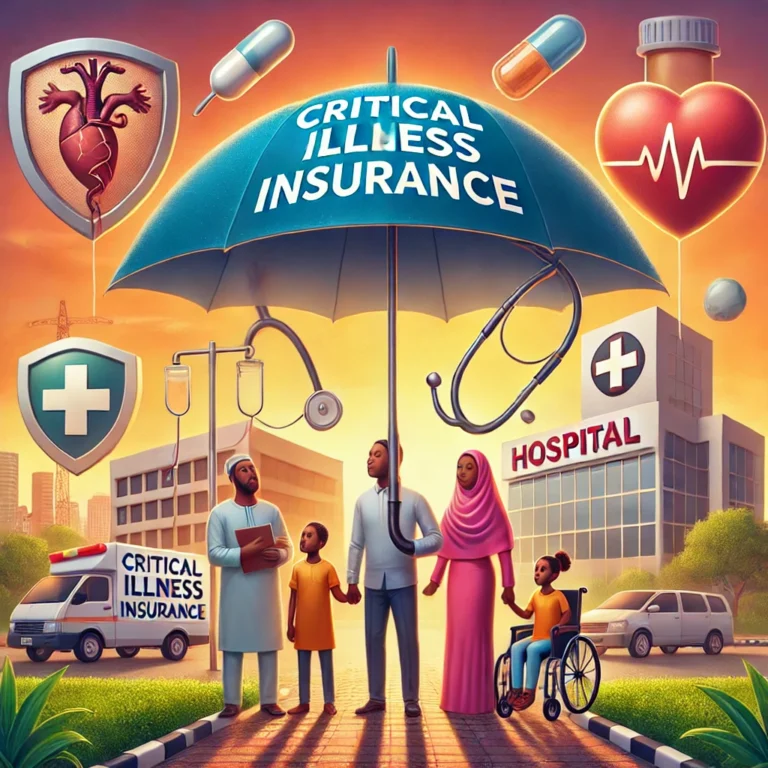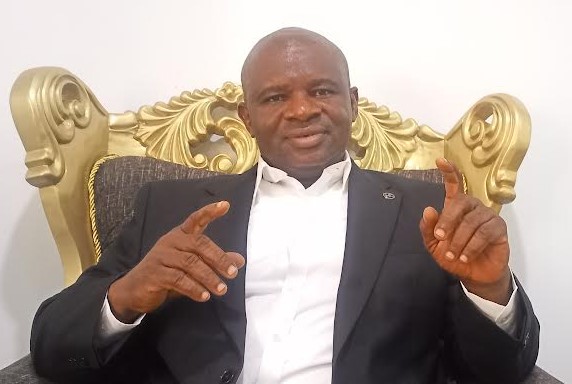
Insurance is an essential tool for managing financial risks and ensuring peace of mind in the face of uncertainties. However, when purchasing insurance in Nigeria, it’s crucial to ask the right questions to ensure that you are making informed decisions. With the vast array of policies, providers, and complex terms, having a clear understanding of what you’re committing to can save you from potential financial strain in the future. Here’s a comprehensive guide to the top 10 questions to ask before buying insurance in Nigeria.
1. What Type of Insurance Do I Really Need?
The first step in buying insurance is determining which type suits your specific needs. Different types of insurance policies cater to different aspects of life and risk management. The most common types of insurance in Nigeria include:
- Life Insurance (term life, whole life, endowment)
- Health Insurance (individual or family plans)
- Auto Insurance (third-party, comprehensive)
- Homeowners Insurance (property and contents coverage)
- Travel Insurance
- Business Insurance (for SMEs and corporates)
By evaluating your current lifestyle, family situation, and financial goals, you can better identify the type of insurance policy that aligns with your needs.
Key Question to Ask: What insurance policy best fits my life stage, financial goals, and risk factors?
2. What Is the Insurance Premium and How Is It Calculated?
Understanding the premium you’ll be paying is essential for budgeting and determining if the policy is affordable. The insurance premium is typically calculated based on factors like:
- Your age
- Health status (for health or life insurance)
- Property value (for homeowners or auto insurance)
- Occupation (certain jobs may carry higher risks)
- Coverage limits and deductibles
Some policies may offer flexibility in premium payments (monthly, quarterly, or annually), so it’s essential to know exactly what you’re paying and when.
Key Question to Ask: How is my premium calculated, and are there payment plan options that suit my budget?
3. What Is the Scope of Coverage?
Every insurance policy has a defined scope of coverage. It’s vital to understand what is covered and what is excluded. For example, in health insurance, does it cover only hospitalization, or does it also include outpatient services, dental care, and maternity? In car insurance, does the policy cover accidents, theft, natural disasters, or third-party liabilities?
Reviewing the terms of the policy will ensure that you’re not caught off guard in the event of a claim.
Key Question to Ask: What exactly is covered under this policy, and what are the exclusions?
4. What Are the Terms and Conditions of the Policy?
The fine print in insurance policies often contains critical details regarding your rights, obligations, and the process for making claims. It’s important to fully understand the terms and conditions before signing any agreement. Pay close attention to details like waiting periods, policy renewal terms, and any conditions that could limit your coverage.
Key Question to Ask: Can you walk me through the terms and conditions of the policy, including any exclusions or special clauses?
5. What Is the Claims Process Like?
One of the most crucial aspects of buying insurance is knowing how to make a claim when the time comes. Some insurers in Nigeria may have complicated claims processes that can lead to delays or denials if not properly understood. It’s important to ask about the following:
- How to file a claim
- Documents required for a successful claim
- Timeframe for processing and paying out claims
- Whether the insurer has a reputation for paying claims promptly
Ensure that the process is straightforward, and always verify the company’s claims history.
Key Question to Ask: What is the step-by-step claims process, and how quickly can I expect my claim to be paid out?
6. What Is the Insurer’s Financial Stability?
Insurance is a long-term commitment, and you need to ensure that the company you choose is financially stable enough to honor its obligations, especially in the event of a large-scale claim. You can assess the financial strength of an insurer by checking their rating from recognized credit agencies or asking about their solvency margin—the ratio of assets to liabilities.
It’s also a good idea to check the history of the insurance company regarding claims settlement and customer service.
Key Question to Ask: What is your company’s financial stability and claims settlement history?
7. How Long Has the Insurer Been in Business?
While a new insurer may offer attractive rates, an established insurance company has a proven track record of handling claims, adapting to market changes, and managing customer relations. An insurer with many years of experience in the Nigerian market is more likely to be reliable and trustworthy.
Key Question to Ask: How long has your company been in the Nigerian insurance market, and what is your reputation among policyholders?
8. Are There Any Add-ons or Riders Available?
Some insurance policies offer additional coverage options called “riders” or “add-ons,” which provide extra benefits or extend your coverage. For instance, a health insurance policy might offer maternity cover, personal accident cover, or dental care as add-ons.
If you feel you may need more coverage in the future, inquire about the availability of riders that can be added to your policy.
Key Question to Ask: Are there any additional riders or add-ons that I can include to enhance my coverage?
9. What Is the Waiting Period or Exclusion Period?
Certain insurance policies, particularly health and life insurance, may have a waiting period before certain benefits kick in. For example, a health insurance plan may not cover pre-existing conditions for the first six months, or life insurance might not pay out if death occurs during the first year of coverage due to an excluded cause.
It’s important to understand these timeframes as they directly impact when and how you can use your coverage.
Key Question to Ask: What is the waiting period for specific benefits, and are there any exclusions during this period?
10. What Is the Reputation of the Insurer’s Customer Service?
Effective customer service is vital when dealing with insurance, especially when you need to file a claim or make adjustments to your policy. A responsive, supportive, and transparent insurer will make the entire process smoother. Check for reviews and ratings of the insurer’s customer service, and inquire about how you can reach the company in case of emergencies or policy inquiries.
Key Question to Ask: What channels are available for customer support, and how quickly can I expect assistance when I have an issue or query?
Conclusion
Buying insurance is an important decision that requires thorough consideration and understanding of the terms, coverage, and the financial standing of the insurer. In Nigeria, where the insurance industry is growing but still faces challenges, it’s vital to be well-informed before committing to a policy.
By asking the right questions, such as those listed above, you can ensure that you choose the right insurance product, avoid unnecessary costs, and safeguard your financial future. Always read the fine print, compare different options, and if in doubt, seek professional advice.









